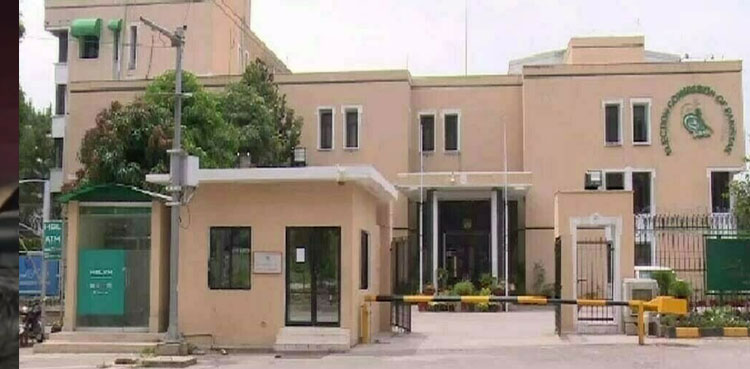ISLAMABAD (Monitoring Desk): The Election Commission of Pakistan (ECP) in a meeting on Wednesday agreed to reach a decision with regard to delimitation of constituencies soon.
According to sources, in a session today, the legal team presented its proposals to the election commission.
The ECP session was concluded with a decision of more consultations with regard to fixing the boundaries of constituencies, sources added.
The ECP is likely to make a decision within coming days regarding the delimitation timeframe of constituencies.
The election commission will determine the duration required for the delimitation of constituencies after consultations.
Delimitation of constituencies, following the approval of the digital population census, is constitutionally mandated for the next general elections. Experts estimate that the process will take approximately three months.
According to Article 51(3) of the 1973 Constitution, “the seats in the National Assembly shall be allocated to each province and the federal capital on the basis of population in accordance with the last preceding census officially published.”
The Election Commission of Pakistan (ECP) on Tuesday issued instructions to the caretaker governments, to guarantee a fair and balanced playing field for all candidates and political parties in the upcoming general elections, the state news agency reported.
The Commission, in a notification, also banned transfers and postings of public officers to ensure transparent elections, citing Clause 2(f) of Section 230 within the Elections Act of 2017 that “prohibits the federal and provincial governments from posting or transferring any public official after the notification’s issuance without obtaining prior written approval from the ECP”.
The ECP also imposed a ban on all forms of recruitment within federal, provincial, and local government ministries, divisions, departments, or institutions, with only exception in cases with prior approval from the Commission.
The Commission also instructed the interim governments to abstain from declaring or initiating any new development projects at both the federal and provincial levels, except for those that were already in progress or approved prior to the issuance of the notification.
It specified that the interim governments were obligated to execute their roles and handle day-to-day essentials necessary to govern the federation and provinces, ensuring strict adherence to legal provisions.







